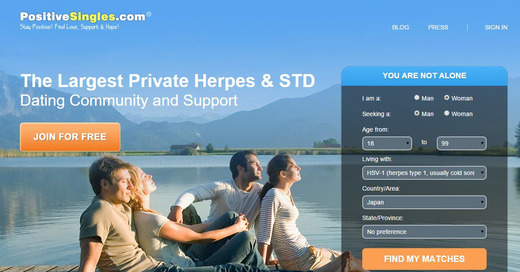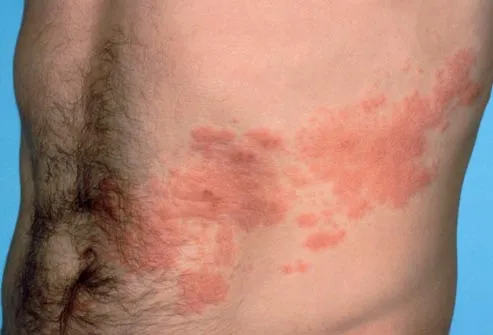Do people accept people with herpes? Yes, many people do accept individuals who have herpes. It's important to remember that having herpes is a common medical condition, and it doesn't define a person's worth or value. Just like with any medical condition, people's reactions can vary, but here are some things to keep in mind:
Education: People who are well-informed about herpes are often more understanding and accepting. Educating your potential partners or friends about what herpes is, how it's transmitted, and the precautions you take can help dispel misconceptions.
Open Communication: Being open and honest about your condition is crucial. Having a candid conversation with a potential partner about your herpes status can lead to a better understanding and decision-making process.
Supportive Relationships: Genuine friends and caring partners will accept you for who you are, including any health conditions you may have. True acceptance often comes from people who are willing to learn, understand, and support you.
Reducing Stigma: While there is still some stigma associated with herpes, efforts are being made to reduce this stigma through education and awareness campaigns. As more people become informed, acceptance tends to improve.
Online Communities: There are numerous online communities and support groups where people with herpes share their experiences, concerns, and tips for managing the condition. Connecting with others who understand what you're going through can provide a sense of acceptance and belonging.
Empathy and Understanding: Many people have personal experiences with various health challenges, and this can foster empathy and understanding. Others might see your herpes diagnosis as just one aspect of you, rather than something that defines you entirely.
Many people are living with herpes, or have experienced an STI at some point. Does that mean that you won't ever be rejected? No, of course not. But don't let an infection make you think you can't lead a normal life and have a great relationship. There are millions of people out there with herpes living happy and fulfilled lives.
Download this APP.
Android device: Download link IOS device: Download link
Remember that while acceptance is important, not everyone will respond positively. Some individuals might have misconceptions or fears about herpes due to lack of accurate information. However, focusing on building relationships with people who are open-minded, caring, and educated about herpes can lead to more positive and accepting interactions.



